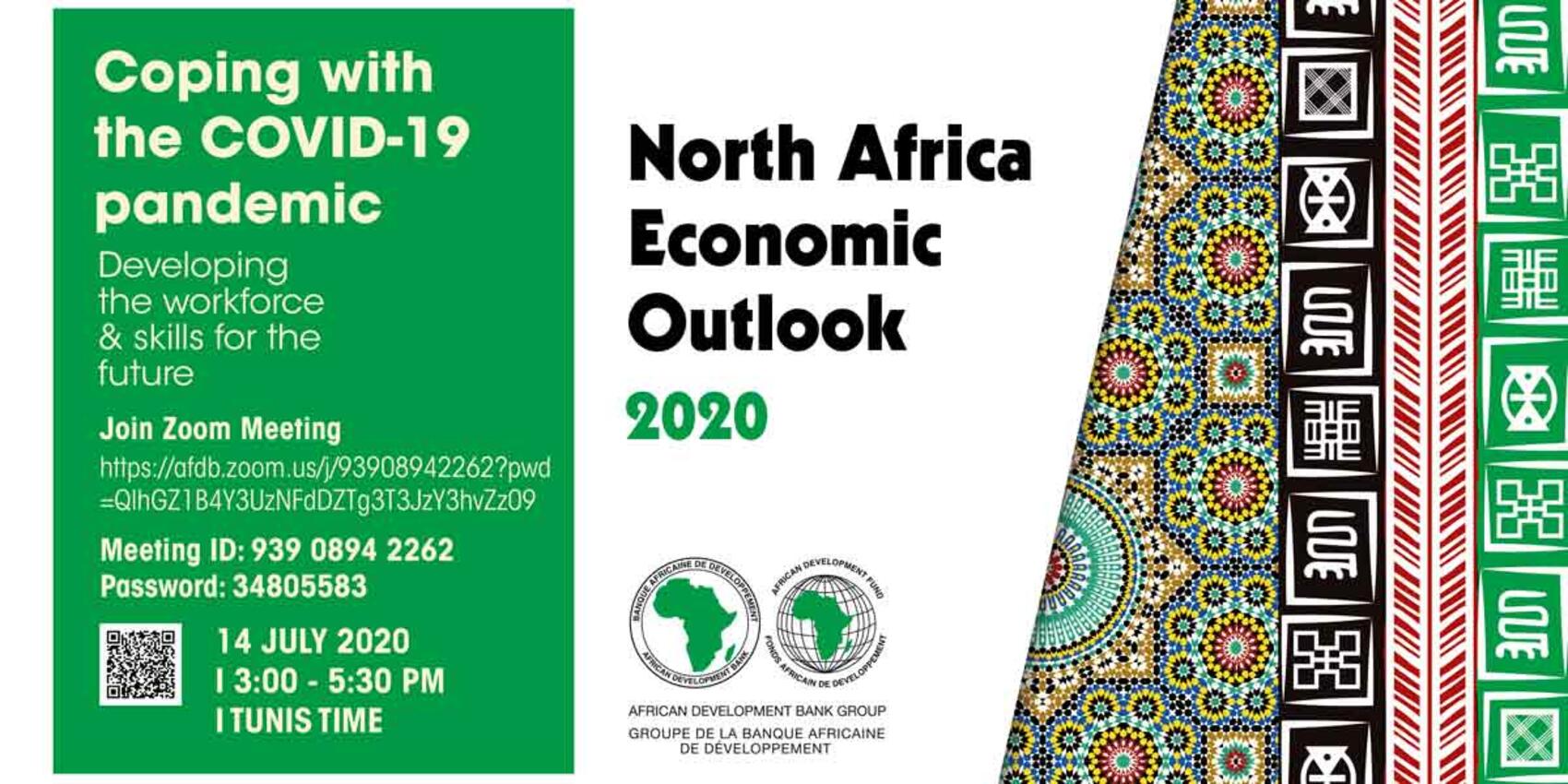
Citing security reports, Senator Ike Ekweremmadu feared that the military might take over power in Nigeria
Nigeria: Again intelligence gathering suggests disruption of 2019 polls
Time and again, various layers of security gathering have expressed fears that 2019 elections in Nigeria might be disrupted. Recently, the Deputy Senate President, Ike Ekweremmadu hinted that the military might strike again if the democracy process is not guarded properly.
Also Read:
Military taking over power, no longer fashionable—Nigerian Military
Before Ekweremmadu’s outburst, there were other intelligence gatherings that suggest there might be no election in Nigeria in 2019. But the military has always denied having any interest in Nigeria’s political process.
The latest is a warning from the Presidency that some civil society elements are carrying on with such activities that might disrupt the process.
Senior Special Assistant to President Muhammadu Buhari on Media and Publicity, Mallam Garba Shehu said security operatives have raised the alarm of plans by some groups to disrupt the processes leading to the 2019 elections.
He said the evil plan, was for the groups to create a stalemate and warned the media against the activities of some unregistered groups that had lately been active in trying to undermine critical institutions such the law-enforcement agencies and the Independent National Electoral Commission (INEC).
Mallam Shehu in a statement on Thursday, said the security chieftains made this known at an interactive meeting with owners and decision makers in the media industry, a meeting which was held at the State House Conference Centre in Abuja on Tuesday and addressed by the Directors-General of the Department of State Services, Mr. Lawal Daura , and his counterpart in National Intelligence Agency, Mr. Ahmed Rufa’I as well as the Chief of Defence Staff, Gen. Gabriel Olonisakin.
Shehu said the security chiefs assured that security situation in the country was within the control of the government but could be helped where the media reduced sensation from their daily coverage. In their own assessment, “our state of national security is not as bad as it is painted by the media.”
Shehu said: “In seeking the support from the media towards the achievement of security for everyone, the heads of the agencies emphasized that sharing and coordination among security agencies and the media is essential to counter the ever-changing threats faced by the nation.’’
The security chieftains also called for closer cooperation from the media to prevent terrorists and radical ideologies directed from abroad from undermining the ongoing efforts to restore security in parts of the country facing the challenges of terrorism, economic sabotage, criminality, farmers-herdsmen clashes and the spread of illegal weapons. In a special submission by the NIA, its Director-General, Ahmed Rufa’I, recalled unsavoury developments of the last one year, which had put the agency in a negative limelight, but said that such developments were not peculiar to the Agency.
“Similar institutions across the world have passed through this phase. What is, however, important is for the right lessons to be learnt from these developments.
“I see these challenges as impetus to reposition the Agency for effective service delivery in realization of its core mandate, as a critical component of our National Security Architecture,” he said.
He appealed for media support to enable the agency to reform and remain focused on tackling the challenges of international nature facing the nation which included terrorism and violent extremism manifested in activities of Boko Haram (BH), ISIS, AQIM, Al Shabaab, Al Qaeda, Ansaru, among others.
He said the nation also faced threats from the human trafficking and illegal migration, smuggling, slavery, forced labour, prostitutions, drugs trafficking, activities of drug cartels and their networks, as well as trafficking in small arms and light weapons (SALW).
He pledged that the NIA would henceforth accord much attention toward addressing the challenges of financial Crimes, identification of financial resources and properties suspected to be obtained by corrupt means belonging to Nigerians especially Politically Exposed Persons (PEPs).
Rufa’I said Herdsmen and Farmers clashes, cattle rustling etc; Piracy and Militancy, particularly in the Niger Delta: Oil theft, illegal oil bunkering, pipeline vandalism; and Cyber Crimes/ Cyber security: activities of online fraudsters and hacking would also receive priority attention. The intelligence and security chieftains also expressed the view that the Nigerian media has a role in securing Nigeria’s national interest. “This expected role of the press is in tandem with global best practices, particularly on issues that have bearing on national security,’’ they observed. They, therefore, invited the media “as partners to continue to be security conscious and exercise restraint in disseminating information that could expose the Services to ridicule or harm our National Security.” They therefore maintained that “prior consultation with appropriate members of the Intelligence Community is the best way to go.”




Recent Comments